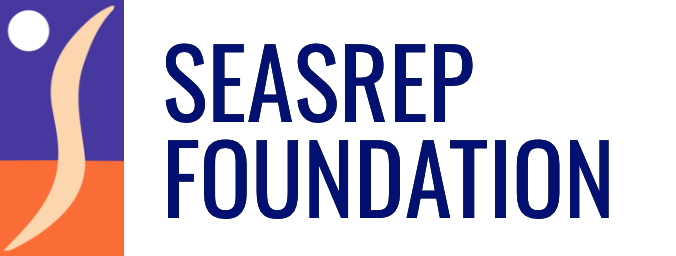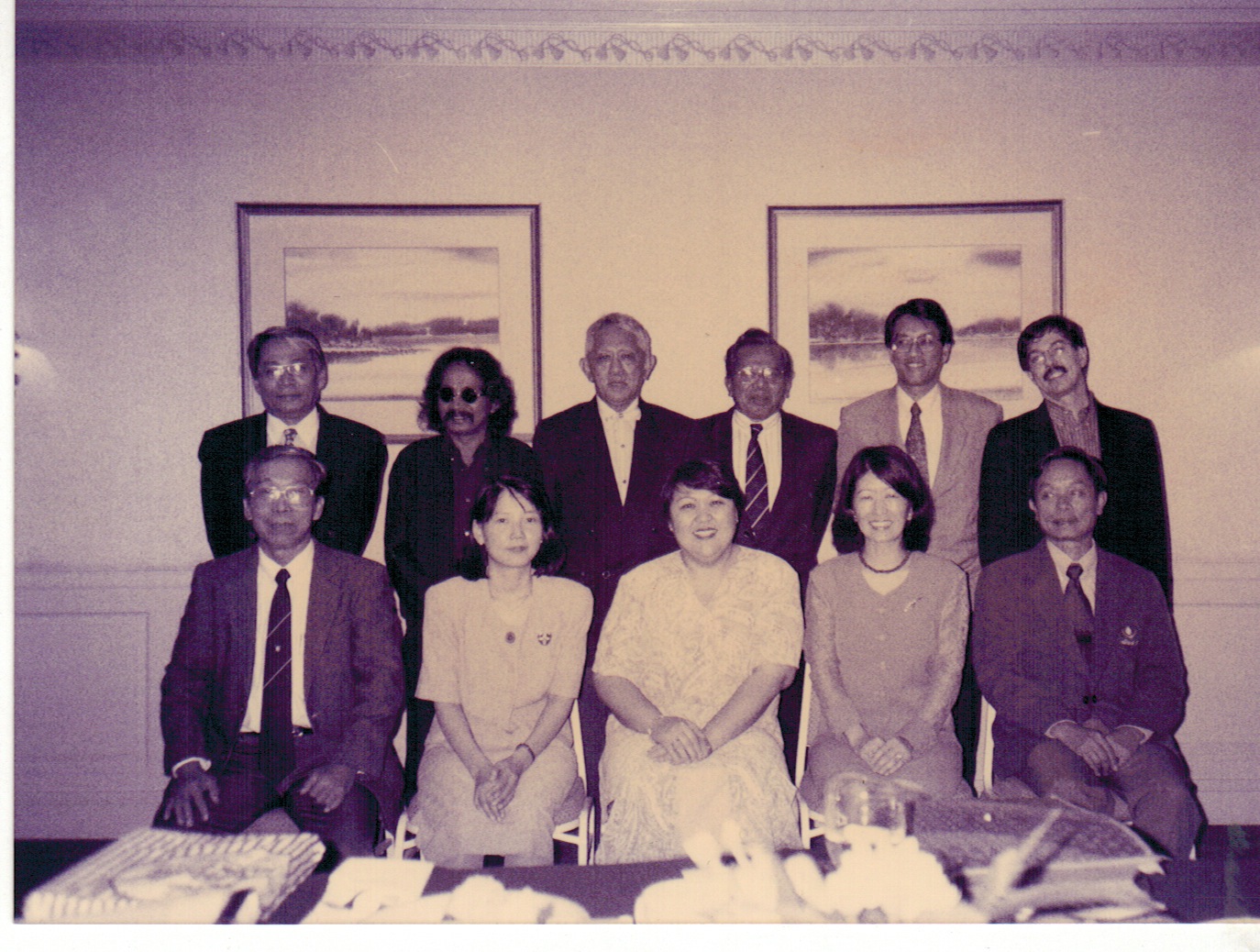
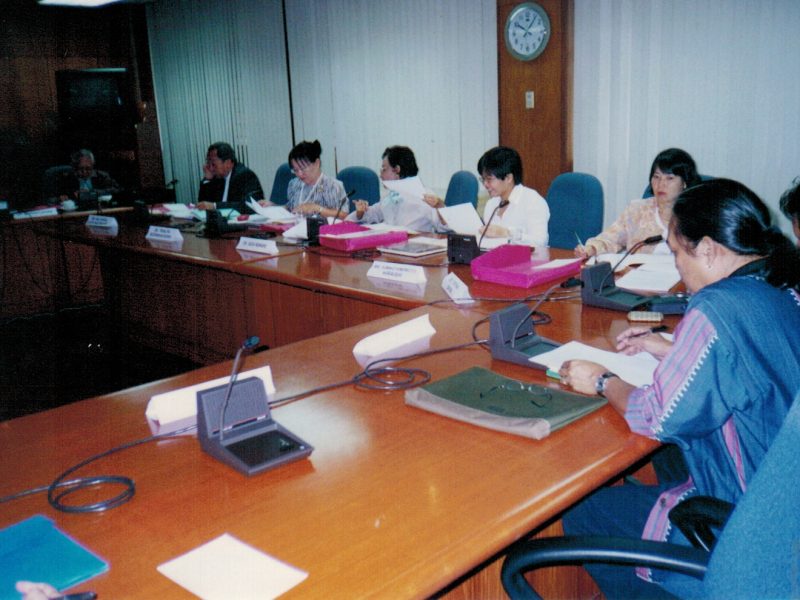
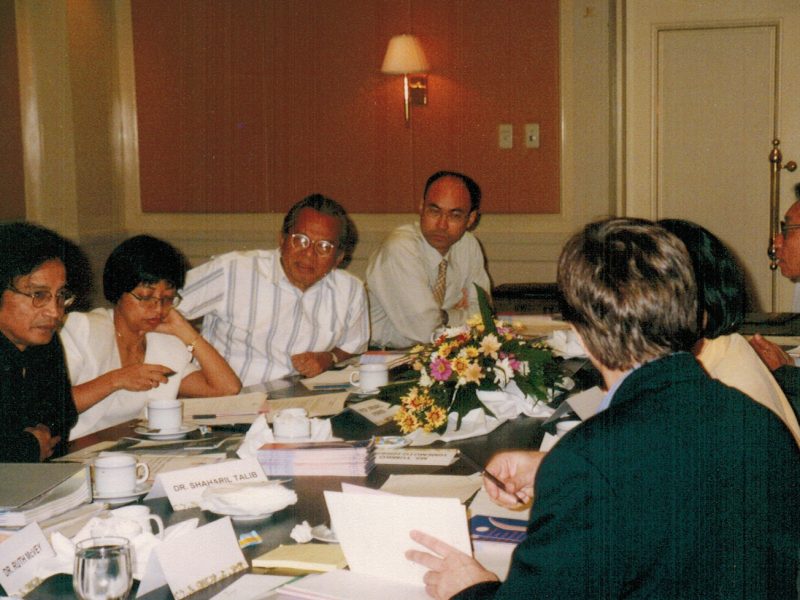
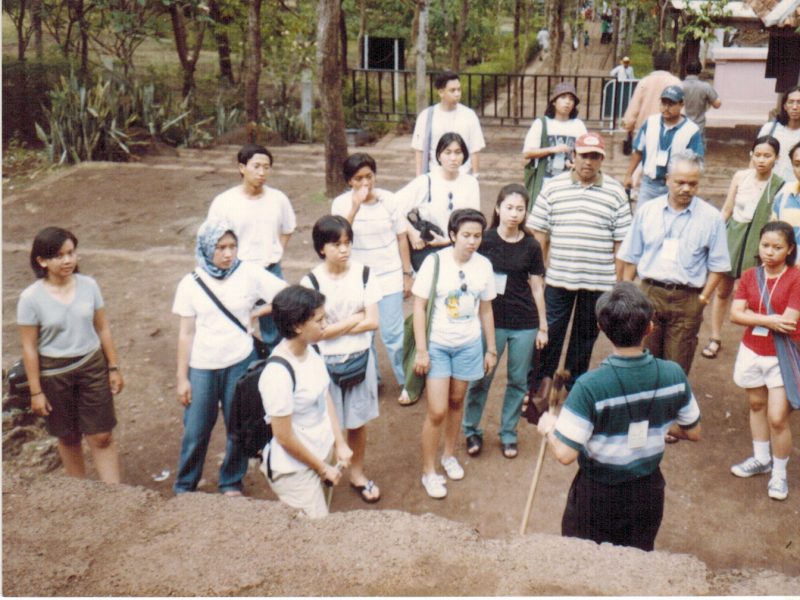
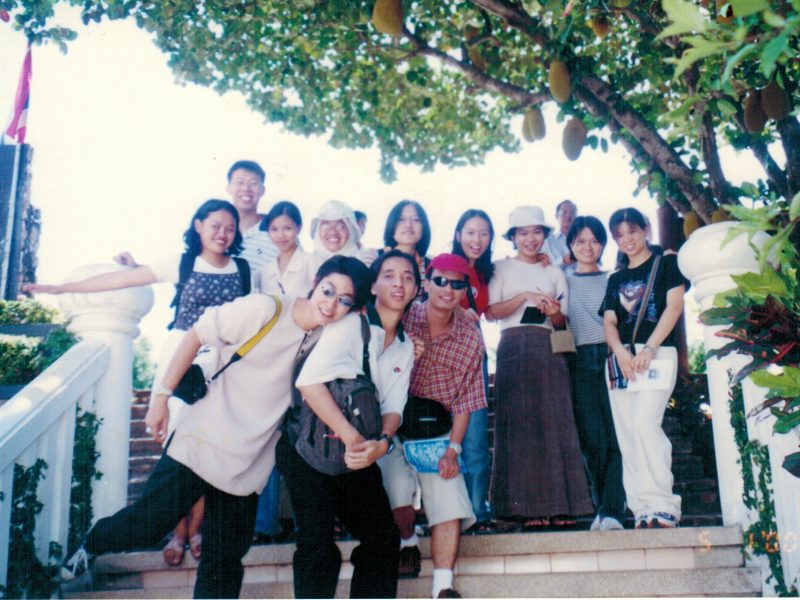
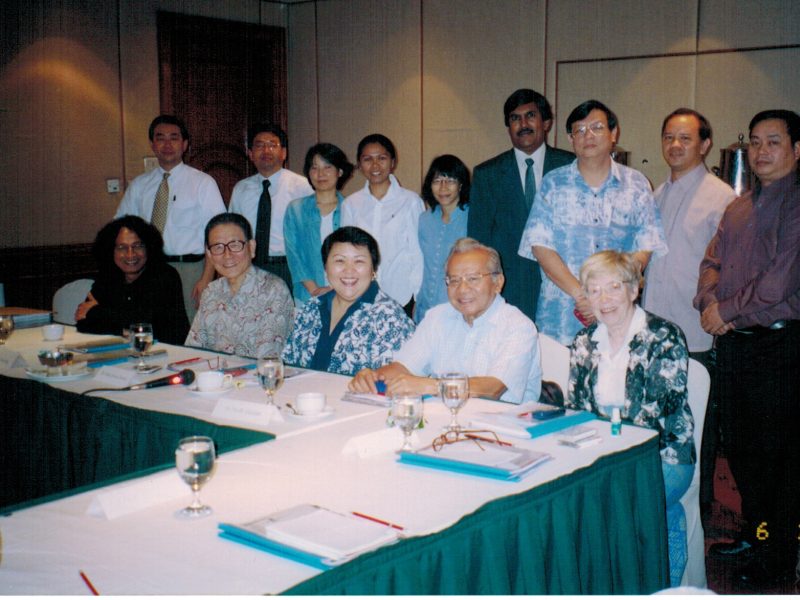
About SEASREP
In 1994, a group of historians—Taufik Abdullah (Indonesia), Charnvit Kasetsiri (Thailand), Shaharil Talib (Malaysia), and Maria Serena Diokno (Philippines)—met in Kuala Lumpur to talk about what would later become the SEASREP Foundation. The foundation was registered with the Philippine Securities and Exchange Commission in 1997 and obtained accreditation from the ASEAN as an affiliated civil society organization in 2007.
From 1995 until 2015, and with support from the Toyota Foundation and the Japan Foundation, SEASREP awarded grants to Southeast Asian applicants for MA/PhD study in Southeast Asia, language training, research collaboration, and a traveling classroom for undergraduate students. After the closure of its grants program, SEASREP placed greater focus on knowledge dissemination through training seminars, capacity-building workshops, collaborative research, participation in conferences, and publications. In 2016, SEASREP launched the RJSEAS (Regional Journal of Southeast Asian Studies), a peer-reviewed, bi-annual, online, open access journal that features papers by emerging Southeast Asian scholars.
Over the two decades, SEASREP has built a network of some 2,000 Southeast Asian scholars who have taken part in SEASREP activities. It has also established partnerships with non-profit organizations outside Southeast Asia such as Sephis (then based in The Netherlands); Korean Institute of Southeast Asian Studies (KISEAS); International Convention of Asian Scholars (ICAS) housed at the International Institute of Asian Studies in Leiden, the Netherlands; Rockefeller Foundation (formerly based in Bangkok, Thailand); Sasakawa Health Foundation in Japan; Center for Southeast Asian Studies of the National Chengchi University in Taiwan; and more than fifty Southeast Asian universities and research institutes which have co-organized SEASREP activities or collaborated in SEASREP researches such as the ASEAN Center of Chulalongkorn University and the Asia-Europe Institute of the University of Malaya.

